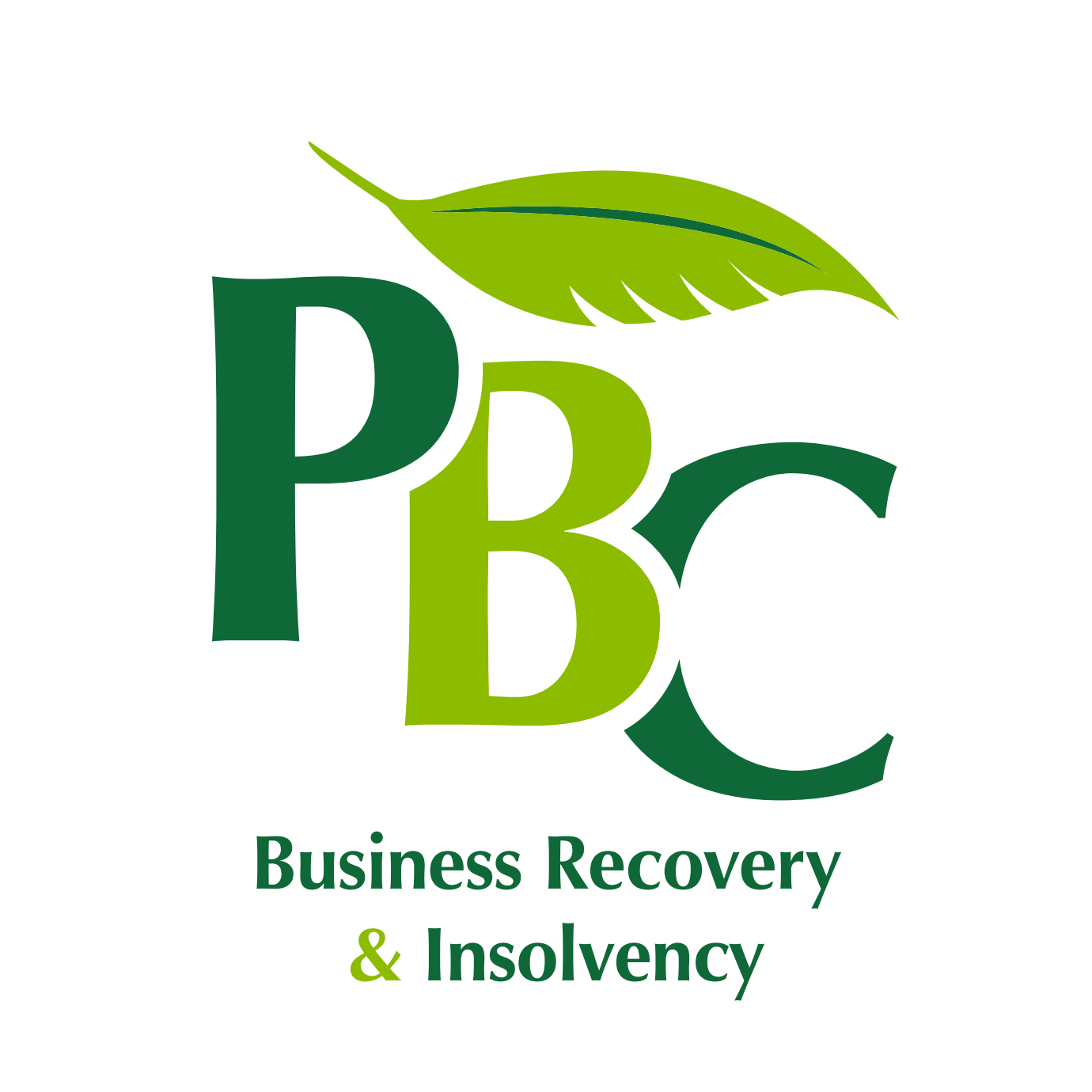Research by the UK Cards Association showed that, in 2016, 77% of national retail sales were made by card. It was also announced in the last few days by the British Retail Consortium that debit card payments overtook cash for the first time, no doubt increased by the use of contactless payment.
Most payments by credit card (including some charge cards) are protected by law: consumers have a legal claim against the card issuer where the goods or services cost between £100 and £30,000 and are not delivered.
In addition, for debit and credit cards (including pre-paid cards), the card schemes provide a system of “chargeback”. Chargeback schemes are voluntary schemes with the terms and conditions set by the card issuer and accordingly the rules vary from issuer to issuer. However most schemes allow the card issuer to ask the merchant acquirer to reverse a payment made by card with no minimum or maximum limits.
It is unfortunately inevitable that some payments made for services will not be honoured when a retailer enters into insolvency. New guidance issued to insolvency practitioners states the appointed insolvency practitioner must issue a notice on the retailer’s website informing customers of whether their services or goods will be delivered, as well as informing them of the above rights.
The UK Cards Association has also issued a guide to card holder’s rights, which can be found here:











